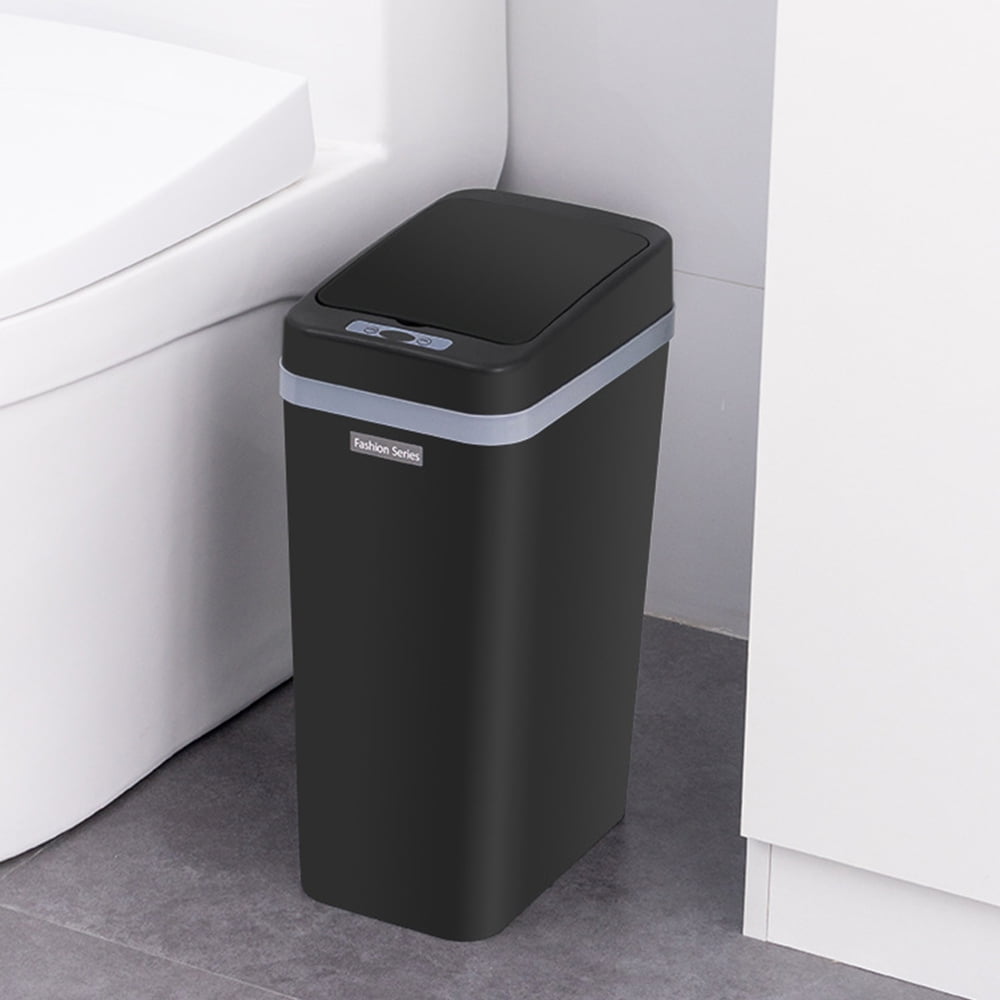


Teams have been adapted to the circumstances, with a shift system to ensure service provision and, more importantly, to protect workers during the application of the prevention measures dictated by the health authorities.Īccording to a post on the Barcelona City Council informational website, priority will be given to areas where there are no waste containers, the emptying of litter bins, cleaning around containers and in hospital areas, healthcare centres and markets selling food. In Barcelona, Spain, the city’s cleaning and waste collection services will be guaranteed while the specific measures to combat COVID-19 are in place. In addition, SWANA also emphasized how sanitation employees must work even more carefully right now, sometimes with fewer people. The Solid Waste Association of North America (SWANA) noted the many inherent challenge of the current paradigm for collections, as many communities report up to a 38 percent increase in residential trash collected.

This Spring, the Department of Homeland Security designated the solid waste industry as part of the Essential Critical Infrastructure Workforce. With severe cuts in income, municipalities worldwide are reevaluating their budgets due to economic effects of the Coronavirus global pandemic. Featured Article Valued at $1.41 billion in 2018, the smart waste management market is projected to exceed $5.19 billion by 2025ĭuring public emergencies, access to actionable insight is crucial for government leaders who must reallocate limited resources to maintain citizens’ safety.


 0 kommentar(er)
0 kommentar(er)
